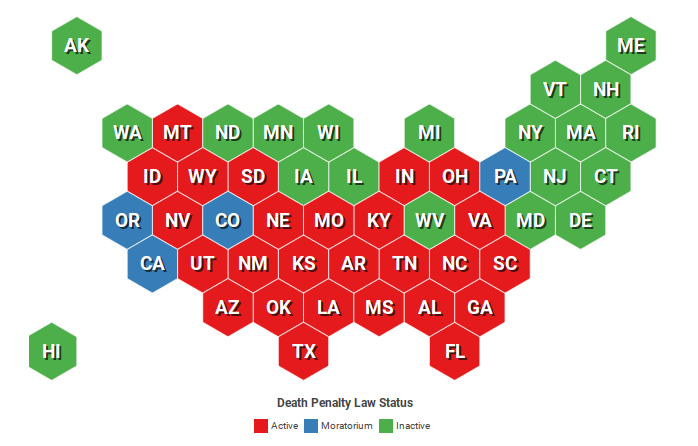Most people are familiar with an adage, often attributed to the late Speaker of the U.S. House Tip O’Neill, that “all politics is local.”
Until it isn’t.
Tennesseans are becoming uncomfortably aware that state government is muscling into as many local government prerogatives as possible — in areas ranging from education to healthcare to social policy to, increasingly, law enforcement.
A number of current circumstances reflect what seems to be a war of attrition waged at the state level against the right of Memphis and Shelby County to pursue independent law-and-order initiatives.
Memphis City Council chairman JB Smiley spoke to the matter Sunday at the annual picnic of the Germantown Democratic Club at Cameron Brown Park.
Said Smiley: “You know, recently, I’ve been, against my will, going back and forth with someone in the statehouse who doesn’t care for Shelby County called Cameron Sexton. Yeah, he doesn’t believe that Shelby County has the right to exercise its voice.“
Sexton, of course, is the Republican speaker of the state House of Representatives who recently threatened to withhold from Memphis its share of some vital state revenues in retaliation for the city’s inclusion on the November 5th ballot of a referendum package soliciting citizens’ views on possible future firearms curbs.
The package lists three initiatives — a reinstatement of gun-carry permits, a ban on the sale of assault rifles, and the right of judges to impose “red-flag” laws against the possession of weapons by demonstrably risky individuals.
All the initiatives are in the form of “trigger laws,” which would be activated only if and when state policy might allow the local options. As Smiley noted, “That’s what the state did when they disagreed with the federal government when it came to abortion rights. As soon as the law changed in the country, [their] law became full and effective. That’s what we’re going to do in the city of Memphis.”
Simultaneous with this ongoing showdown between city and state has been a determined effort by Republican state Senator Brent Taylor and others to pass state laws restricting the prerogatives of local Criminal Court judges and Shelby County District Attorney Steve Mulroy.
One piece of Taylor-sponsored legislation, passed last year, would transfer authority over capital punishment appeals from the DA to the state attorney general. Litigation against the law pursued by Mulroy and an affected defendant resulted in the measure’s being declared unconstitutional in trial court.
But the state Appeals Court reversed that judgment last week, seemingly revalidating the law and causing Taylor to crow in a social media post over what he deemed a personal victory over Mulroy, whom he accused of wanting to “let criminals off of death row” and whose ouster he has vowed to pursue in the legislature.
The fact is, however, that there will be one more review of the measure, by the state Supreme Court, before its ultimate status is made clear.
Some of the immediate media coverage of the matter tended to play up Taylor’s declaration of victory over Mulroy, ignoring the ongoing aspects of the litigation and overlooking obvious nuances.
One TV outlet erroneously reported the Appeals Court as having found Mulroy guilty of “inappropriate” conduct when the court had merely speculated on the legalistic point of whether the DA had appropriate standing as a plaintiff (a point that was conceded, incidentally, by the state Attorney General).
Mulroy’s reaction to the Appeals Court finding focused on the issue as having to do with governance: “The Tennessee Constitution says local voters get to elect a local resident DA to represent them in court. This law transfers power over the most serious cases, death penalty cases, from locally elected DAs across the state to one unelected state official half a state away. This should concern anyone, regardless of party, who cares about local control and state overreach.”


 Adobe Stock
Adobe Stock  Death Penalty Information Center
Death Penalty Information Center  Death Penalty Information Center
Death Penalty Information Center